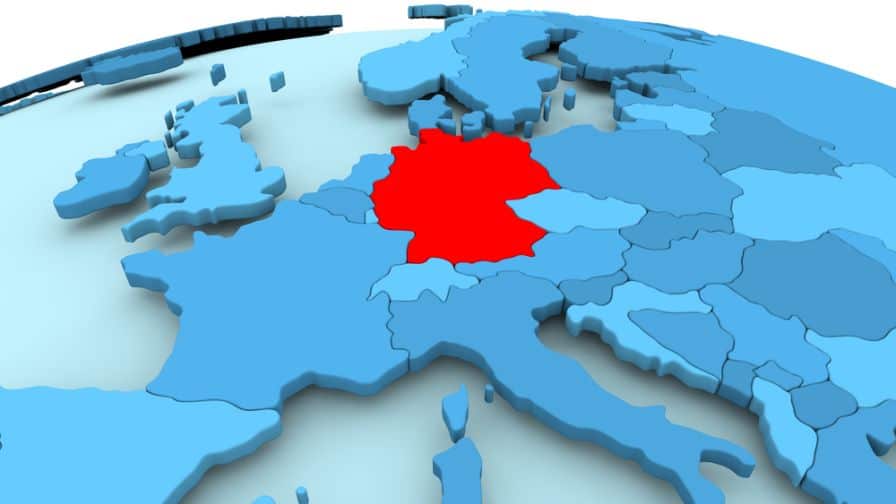E-commerce in Germany is being “buoyed” by affiliate marketing, according to eMarketer, which found online sales driven by the channel rose 9% year-on-year in 2016.
That would have seen affiliate marketing-driven e-commerce valuing €7.6 billion (£6.9 billion), based on the estimates by Bundesverband Digitale Wirtschaft (BVDW), accounting for one sixth of the country’s €44 billion (£40 billion) online retail spending last year.
“Affiliate marketing is one of the most important components of the marketing mix and is an important driver for the online retail market,” Dino Leupold von Löwenthal, chairman of BVDW’s affiliate marketing focus group, told eMarketer.
The same study by BVDW also found that affiliate marketing is having a significantly increased impact on e-commerce driven on mobile, rising 38% in 2016 to account for €1.21 billion (£1.1 billion).
Open to content
According to a YouGov study cited by eMarketer, the reason behind affiliate marketing’s growing success in the region could be down to the German consumer’s “generally favourable” attitude towards marketing efforts that aren’t immediately recognisable as advertising.
In fact, the study carried out at the end of 2016 found that between 60% and 65% of internet users in Germany had either made a purchase, or seriously considered making a purchase of products featured in content marketing recommendations.
Meanwhile, of those who responded positively in general to content marketing, around 80% had made or considered purchasing products in the same vein.
The findings from both studies should be taken with confidence, following news earlier in the year that as much as 29% of the Germany’s internet users could be blocking ad content with ad blocking tools.
Instead, affiliate and content marketing’s success could be seen as a small victory for less intrusive ad formats which provide the consumer with some sense of perceived value.

